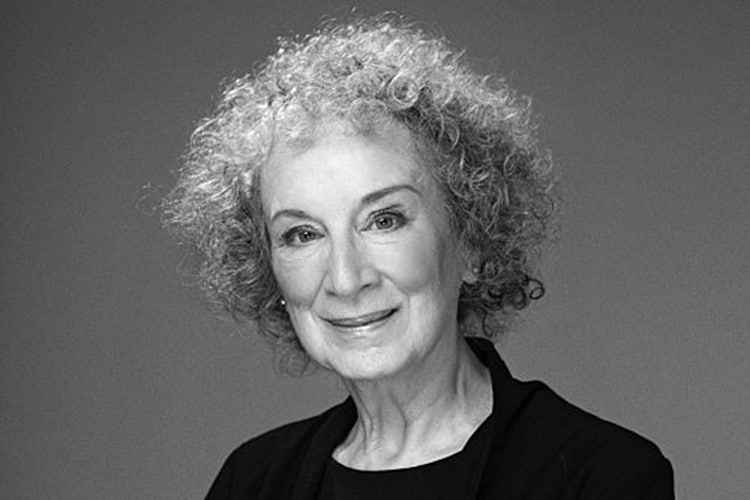The Art of Survival: Margaret Atwood’s Biography

Margaret Atwood is a Canadian poet, novelist, literary critic, essayist, teacher, environmental activist, and inventor.
Life and Career
Margaret Atwood was born on 18 November 1939 in Ottawa, Canada. She completed her bachelor’s degree in English at the University of Toronto and then pursued graduate studies at Radcliffe College, Harvard University, earning a master’s degree in 1962. During her time at Harvard, she studied under famous literary critic Northrop Frye.
Margaret Atwood’s literary career began in the early 1960s with the publication of her poetry collection “Double Persephone” (1961). She gained further recognition with the publication of her first novel, “The Edible Woman” (1969), which explored themes of identity and consumerism.
One of Atwood’s most acclaimed works is “The Handmaid’s Tale” (1985), a dystopian novel set in a theocratic society where women are oppressed. The novel has become a modern classic and was adapted into a successful television series. Atwood’s exploration of feminist themes is a recurring element in her work. Her other notable novels include “Cat’s Eye” (1988), “Alias Grace” (1996), and the “MaddAddam” trilogy, which includes “Oryx and Crake” (2003), “The Year of the Flood” (2009), and “MaddAddam” (2013). These books delve into speculative fiction and environmental issues.
Aside from fiction, Atwood is a prolific poet, essayist, and literary critic. She has published numerous poetry collections and critical essays, showcasing her versatility as a writer.
Award and Legacy
In 1993, Atwood’s “The Handmaid’s Tale” was awarded the Golden Booker Prize, a special honor celebrating the best novel among the Booker Prize winners over the first 50 years of the award. Atwood won the Booker Prize in 2000 for “The Blind Assassin.” In 2019, Atwood shared the Booker Prize with Bernardine Evaristo for “The Testaments,” the sequel to “The Handmaid’s Tale.”
Margaret Atwood’s legacy is profound and multifaceted, extending across various literary genres and themes. Atwood’s exploration of feminist themes and her examination of gender roles, especially in works like “The Handmaid’s Tale,” have contributed significantly to feminist literature. Her portrayal of dystopian societies has sparked discussions about women’s rights and societal control.
Atwood’s forays into speculative fiction, evident in works like the “MaddAddam” trilogy, have influenced the genre. Her ability to blend speculative elements with social commentary has inspired a new generation of writers. Beyond literature, Atwood’s advocacy for environmental causes has solidified her legacy as a socially engaged author. Her works often address ecological issues, reflecting her concern for the planet’s well-being.
Margaret Atwood’s versatility as a writer is evident in her success across multiple genres—novels, poetry, essays, and literary criticism. Her ability to navigate diverse literary forms has set a standard for writers seeking to experiment with different mediums. Atwood’s international recognition and the global success of her works have helped shape the landscape of contemporary literature. Her books are widely studied and translated, ensuring a lasting influence on readers worldwide.
Observer Voice is the one stop site for National, International news, Sports, Editor’s Choice, Art/culture contents, Quotes and much more. We also cover historical contents. Historical contents includes World History, Indian History, and what happened today. The website also covers Entertainment across the India and World.
Follow Us on Twitter, Instagram, Facebook, & LinkedIn

